Simón Bolívar Symphony Orchestra of Venezuela - Credo for Orchestra, Choir and Five Soloists (feat. Fernando Escalona,Jhoxiris Medina,Grace Terán,Iván Cardozo & Claudio González) (2024)
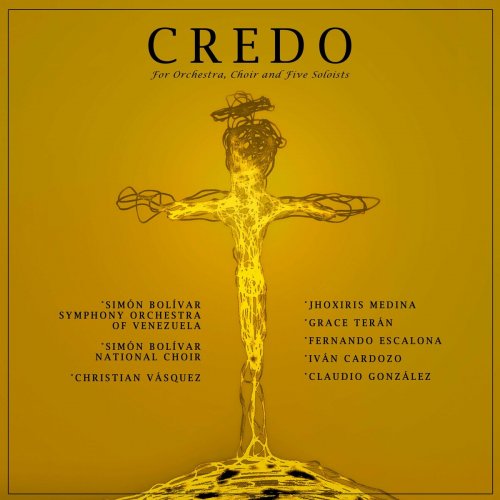
Artist: Simón Bolívar Symphony Orchestra of Venezuela, Simon Bolivar National Choir, Christian Vásquez, Fernando Escalona
Title: Credo for Orchestra, Choir and Five Soloists (feat. Fernando Escalona,Jhoxiris Medina,Grace Terán,Iván Cardozo & Claudio González)
Year Of Release: 2024
Label: El Sistema
Genre: Classical
Quality: FLAC (tracks)
Total Time: 39:48 min
Total Size: 207 MB
WebSite: Album Preview
Tracklist:Title: Credo for Orchestra, Choir and Five Soloists (feat. Fernando Escalona,Jhoxiris Medina,Grace Terán,Iván Cardozo & Claudio González)
Year Of Release: 2024
Label: El Sistema
Genre: Classical
Quality: FLAC (tracks)
Total Time: 39:48 min
Total Size: 207 MB
WebSite: Album Preview
01. Credo (feat. Fernando Escalona,Jhoxiris Medina,Grace Terán,Iván Cardozo & Claudio González)
02. Qui Propter Nos Homines (feat. Fernando Escalona,Jhoxiris Medina,Grace Terán,Iván Cardozo & Claudio González)
03. Et Incarnatus Est (feat. Fernando Escalona,Jhoxiris Medina,Grace Terán,Iván Cardozo & Claudio González)
04. Crucifixus (feat. Fernando Escalona,Jhoxiris Medina,Grace Terán,Iván Cardozo & Claudio González)
05. Et Resurrexit Tertia Die (feat. Fernando Escalona,Jhoxiris Medina,Grace Terán,Iván Cardozo & Claudio González)
06. Et In Spiritum Sanctum (feat. Fernando Escalona,Jhoxiris Medina,Grace Terán,Iván Cardozo & Claudio González)
07. Confiteor (feat. Fernando Escalona,Jhoxiris Medina,Grace Terán,Iván Cardozo & Claudio González)
08. Et Vitam Venturi (feat. Fernando Escalona,Jhoxiris Medina,Grace Terán,Iván Cardozo & Claudio González)
Beginning as a youth group, the Simón Bolívar Symphony Orchestra of Venezuela gained fame as the pinnacle of Venezuela's famed El Sistema music education program. The orchestra now has adult members who began as young players with the group, and it has toured internationally and made several recordings.
El Sistema was founded in 1975 by composer and educator José Antonio Abreu and associated orchestral performances began soon after that. Some sources give the founding date of the Simón Bolívar Symphony Orchestra of Venezuela (Spanish: Orquesta Sinfónica Simón Bolívar de Venezuela) as 1978. It was named for Venezuelan national hero Simón Bolívar. It was just one of a large number of youth ensembles established at that time, but it was intended as the pinnacle of the national El Sistema music education system. At first, the group consisted of young people; it performed at the Teresa Carreño Cultural Complex in Caracas. Later, musicians in their twenties were admitted to the group, and a new all-young group, the Teresa Carreño Youth Orchestra, was formed. The orchestra now has about 180 members. Abreu served as conductor for the Simón Bolívar Symphony Orchestra for the first two decades of its existence; he was succeeded by the then-18-year-old Gustavo Dudamel. Dudamel has remained in that position even as he has gone on to international stardom as conductor of the Los Angeles Philharmonic and other groups.
The Simón Bolívar Symphony Orchestra of Venezuela succeeded immediately and was recording by the early '80s. In the early '90s, it was signed to the Dorian label and released nine albums there. In 2007, the group moved to a new Center for Social Action Through Music in Caracas, and that year, it also appeared at New York's Carnegie Hall, conducted by Dudamel. The orchestra was supported by former Venezuelan president Hugo Chávez, who approved ample levels of funding for El Sistema, but some members have participated in protests against his successor, Nicolás Maduro, and one, violinist Armando Cañizales, was killed by security forces in 2017. The orchestra began recording for the Deutsche Grammophon label in 2006, releasing albums there through 2014. It also mounted acclaimed tours of Europe and the U.S. Despite several economic problems in Venezuela, the Simón Bolívar Symphony Orchestra has continued to perform and record. In 2022, it released the album Huáscar Barradas: Four Elements - Immersive Symphony for Orchestra and Chorus. ~ James Manheim
El Sistema was founded in 1975 by composer and educator José Antonio Abreu and associated orchestral performances began soon after that. Some sources give the founding date of the Simón Bolívar Symphony Orchestra of Venezuela (Spanish: Orquesta Sinfónica Simón Bolívar de Venezuela) as 1978. It was named for Venezuelan national hero Simón Bolívar. It was just one of a large number of youth ensembles established at that time, but it was intended as the pinnacle of the national El Sistema music education system. At first, the group consisted of young people; it performed at the Teresa Carreño Cultural Complex in Caracas. Later, musicians in their twenties were admitted to the group, and a new all-young group, the Teresa Carreño Youth Orchestra, was formed. The orchestra now has about 180 members. Abreu served as conductor for the Simón Bolívar Symphony Orchestra for the first two decades of its existence; he was succeeded by the then-18-year-old Gustavo Dudamel. Dudamel has remained in that position even as he has gone on to international stardom as conductor of the Los Angeles Philharmonic and other groups.
The Simón Bolívar Symphony Orchestra of Venezuela succeeded immediately and was recording by the early '80s. In the early '90s, it was signed to the Dorian label and released nine albums there. In 2007, the group moved to a new Center for Social Action Through Music in Caracas, and that year, it also appeared at New York's Carnegie Hall, conducted by Dudamel. The orchestra was supported by former Venezuelan president Hugo Chávez, who approved ample levels of funding for El Sistema, but some members have participated in protests against his successor, Nicolás Maduro, and one, violinist Armando Cañizales, was killed by security forces in 2017. The orchestra began recording for the Deutsche Grammophon label in 2006, releasing albums there through 2014. It also mounted acclaimed tours of Europe and the U.S. Despite several economic problems in Venezuela, the Simón Bolívar Symphony Orchestra has continued to perform and record. In 2022, it released the album Huáscar Barradas: Four Elements - Immersive Symphony for Orchestra and Chorus. ~ James Manheim
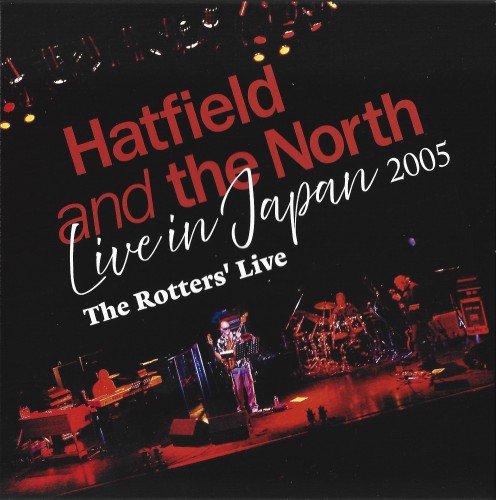

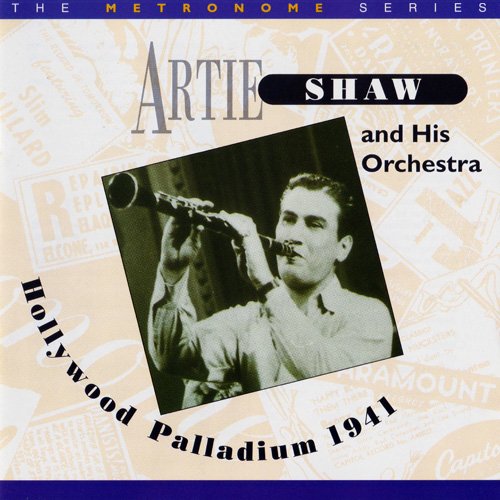
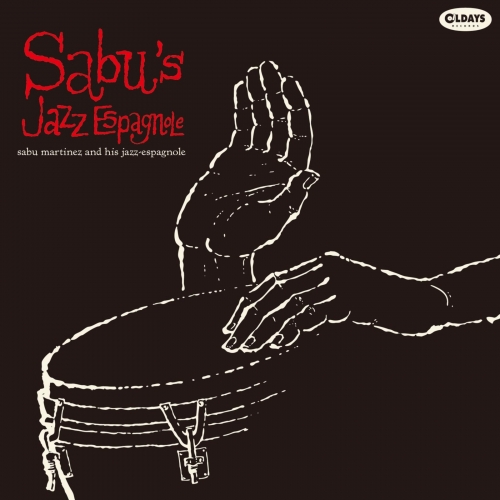
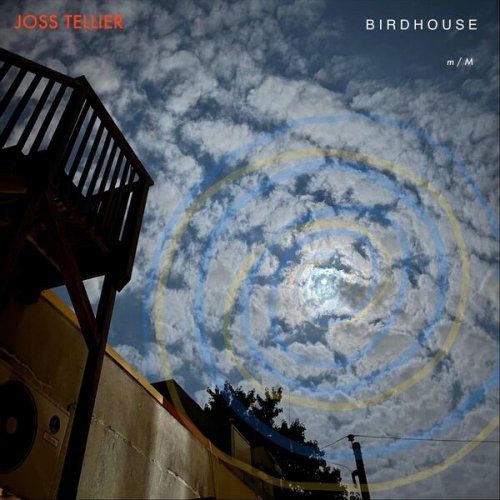
![Richie Beirach - Jazz Adagio (2015) [Hi-Res] Richie Beirach - Jazz Adagio (2015) [Hi-Res]](https://www.dibpic.com/uploads/posts/2026-02/1770282211_rbja500.jpg)
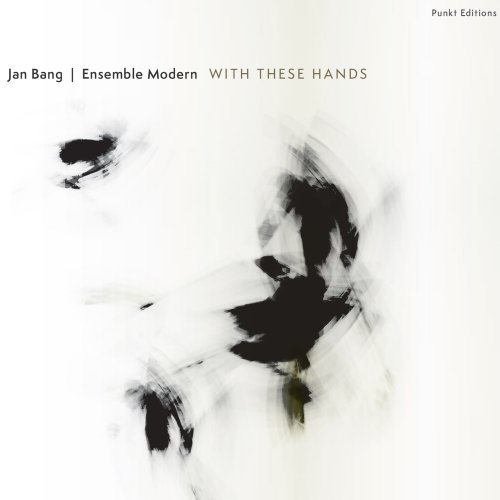
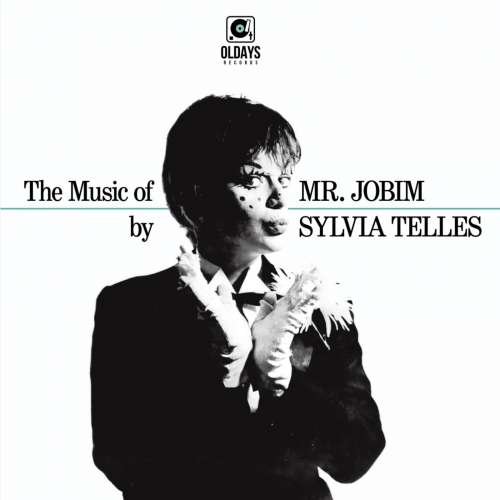
![Silvia Tarozzi - Lucciole (2025) [Hi-Res] Silvia Tarozzi - Lucciole (2025) [Hi-Res]](https://img.israbox.com/img/2026-02/06/cbrge6f1dj9hjbeuk52e4w7sz.jpg)